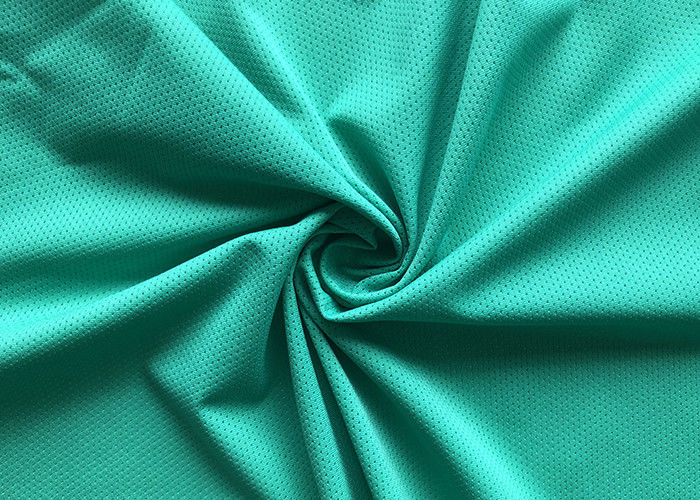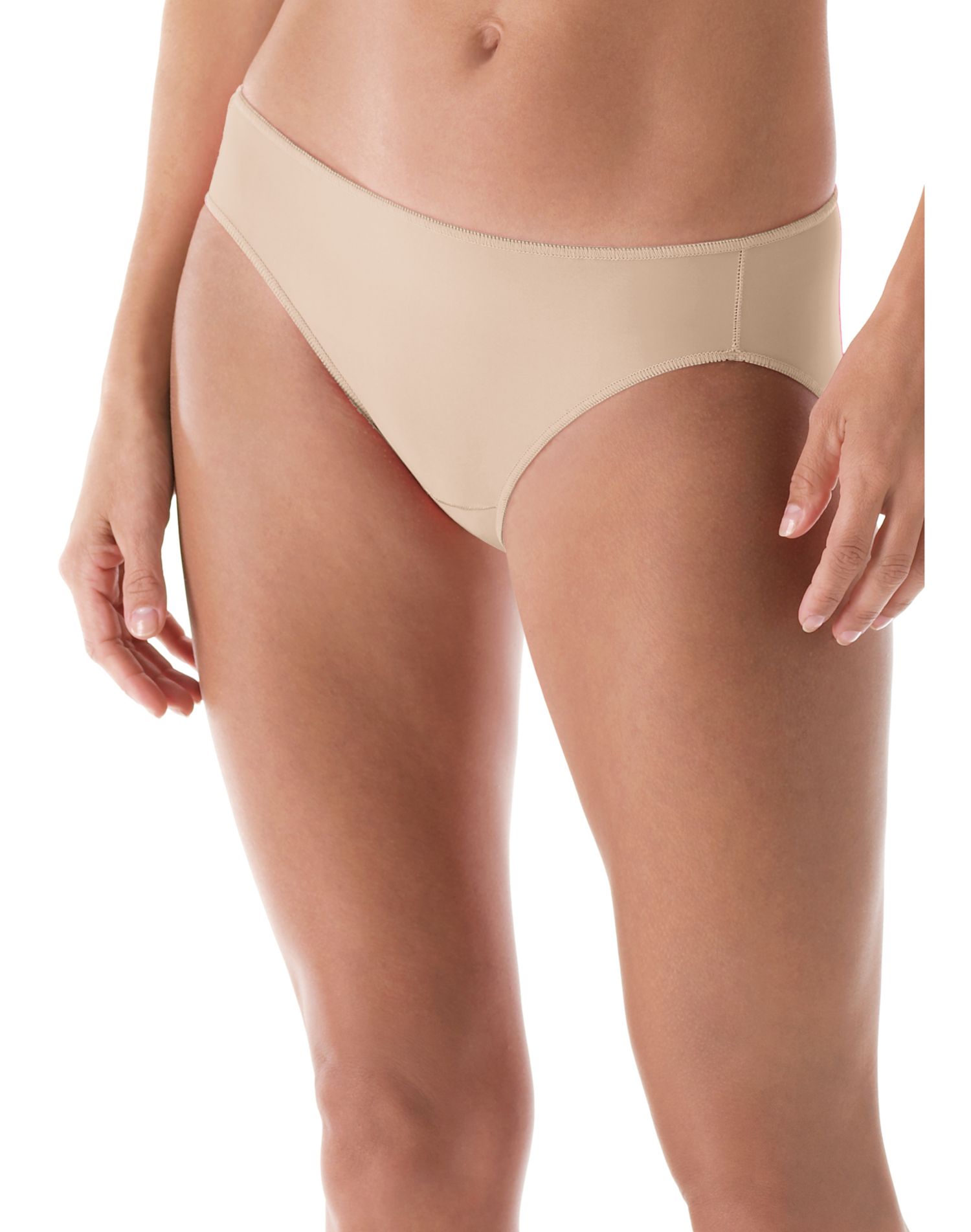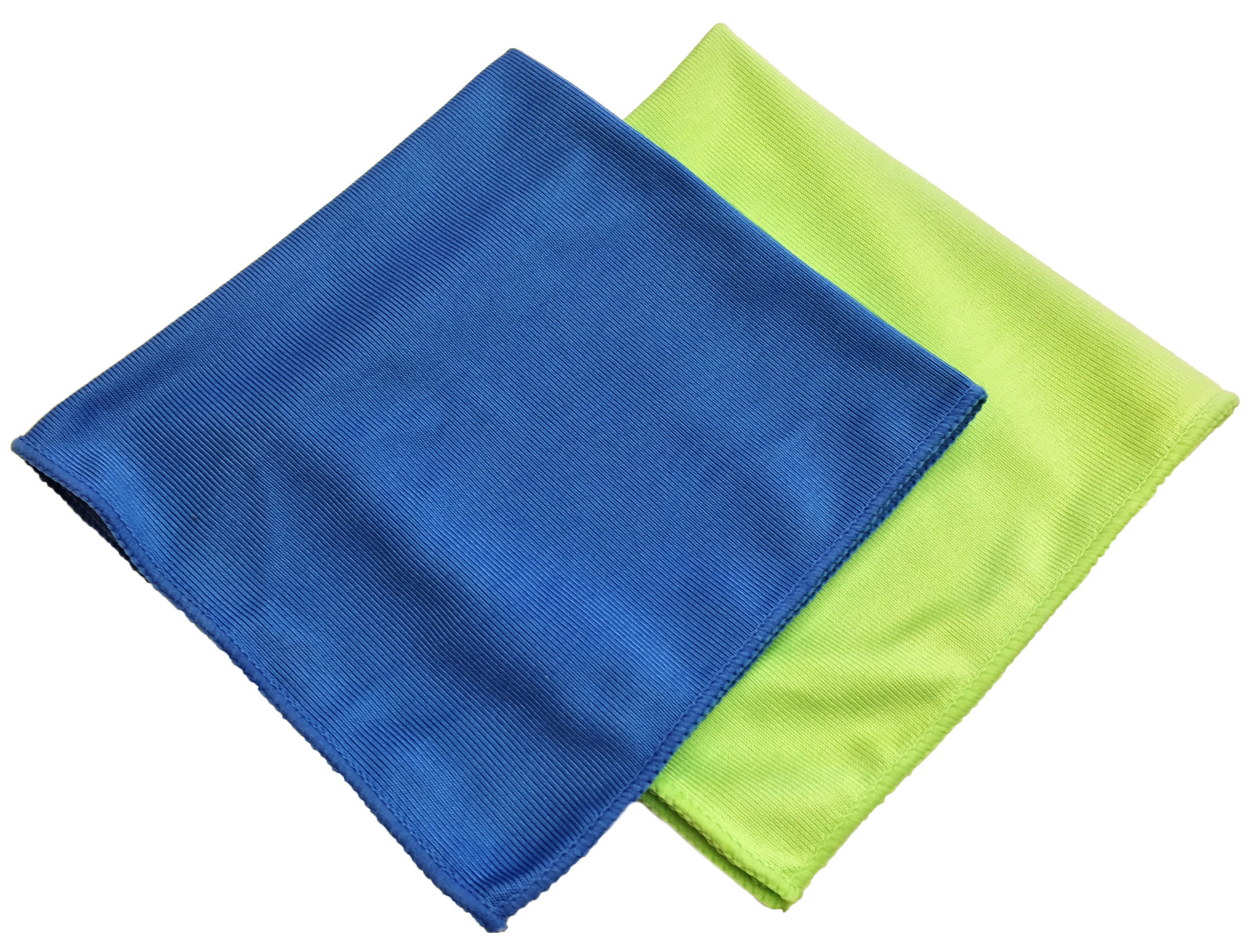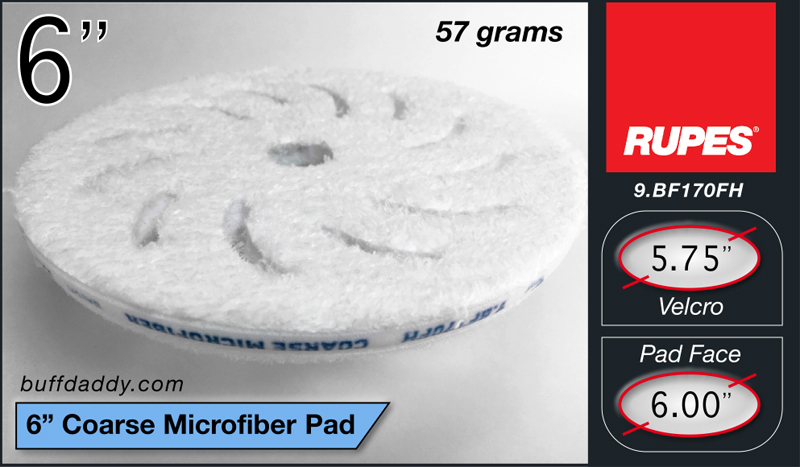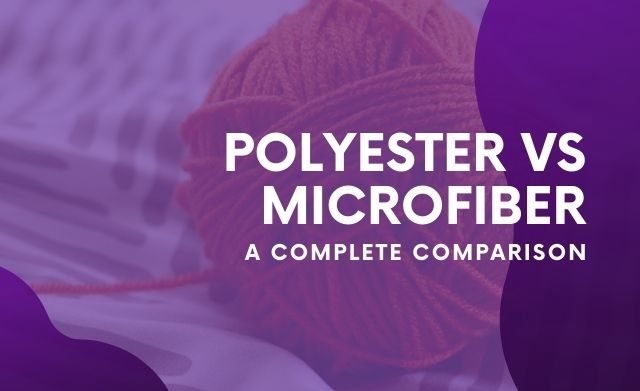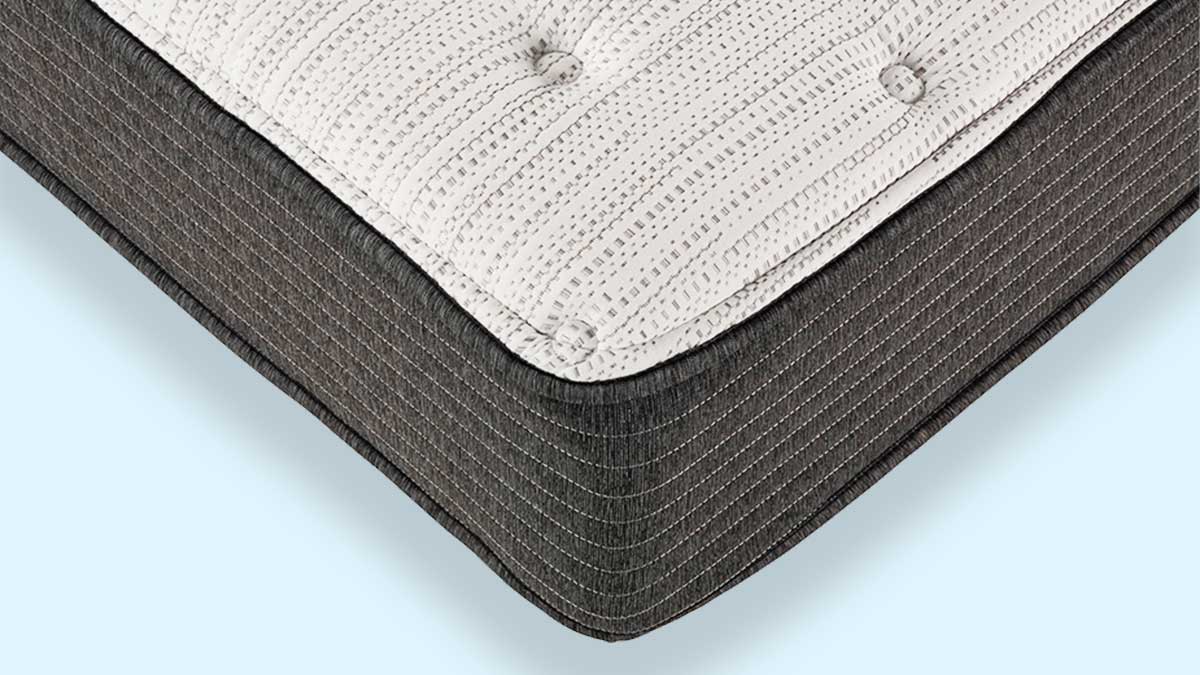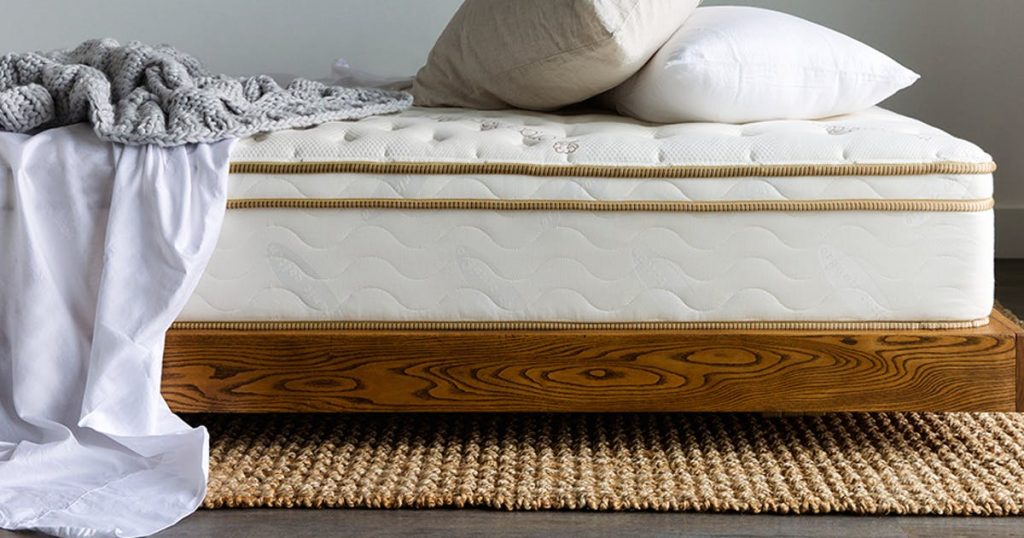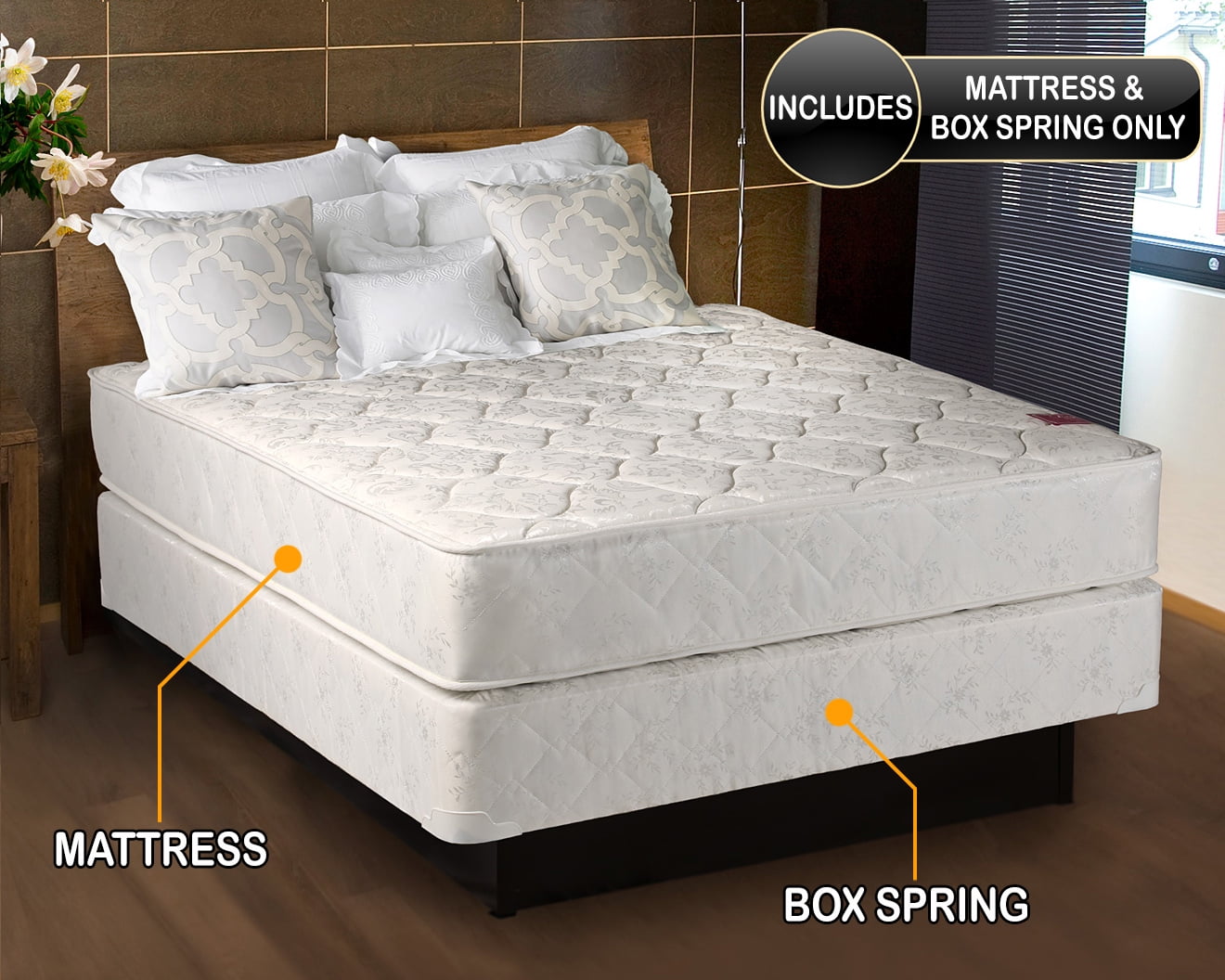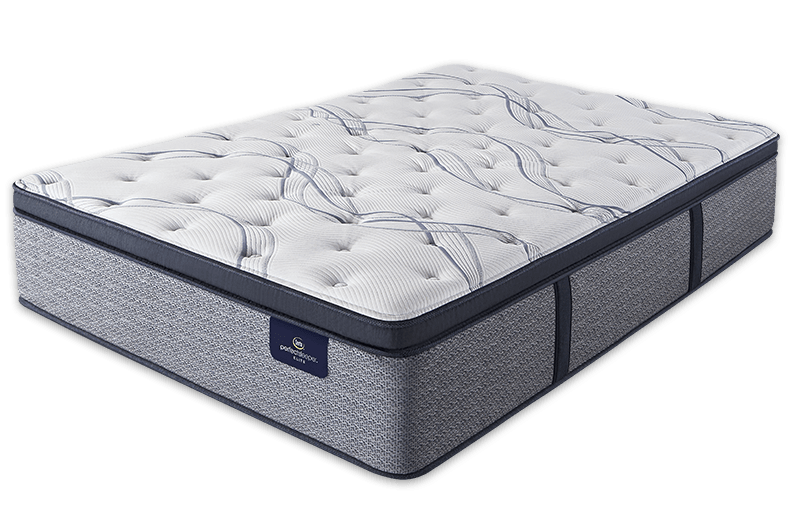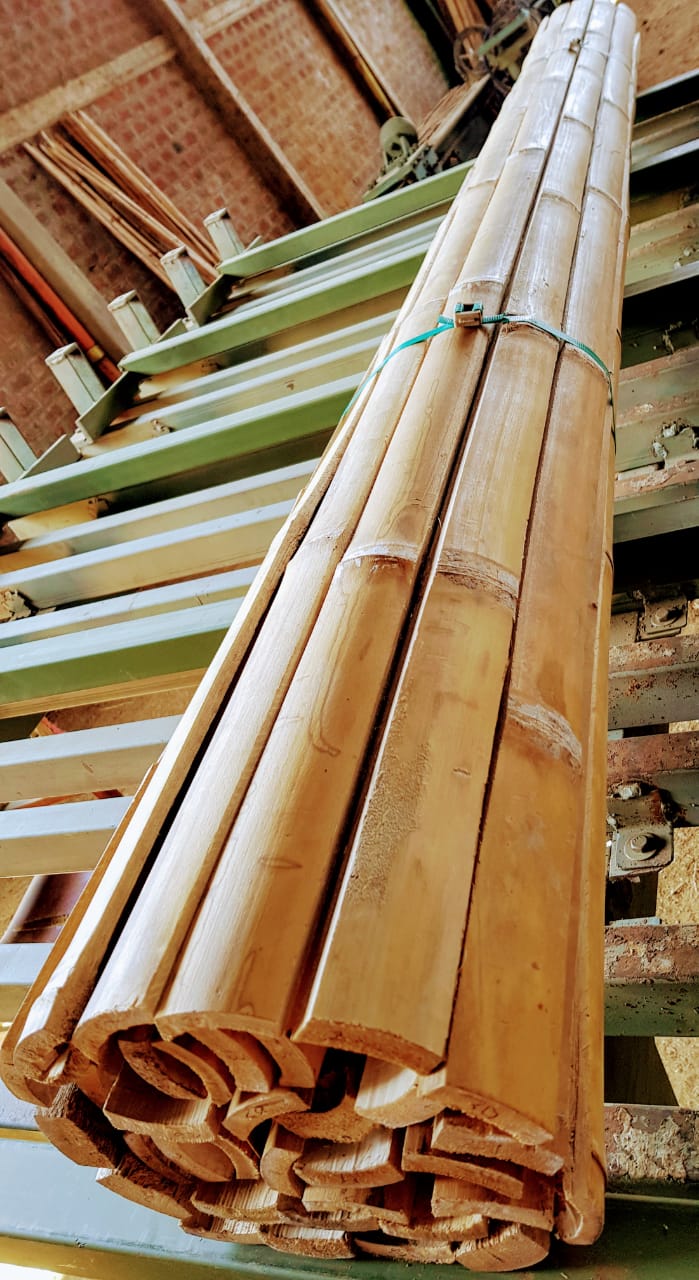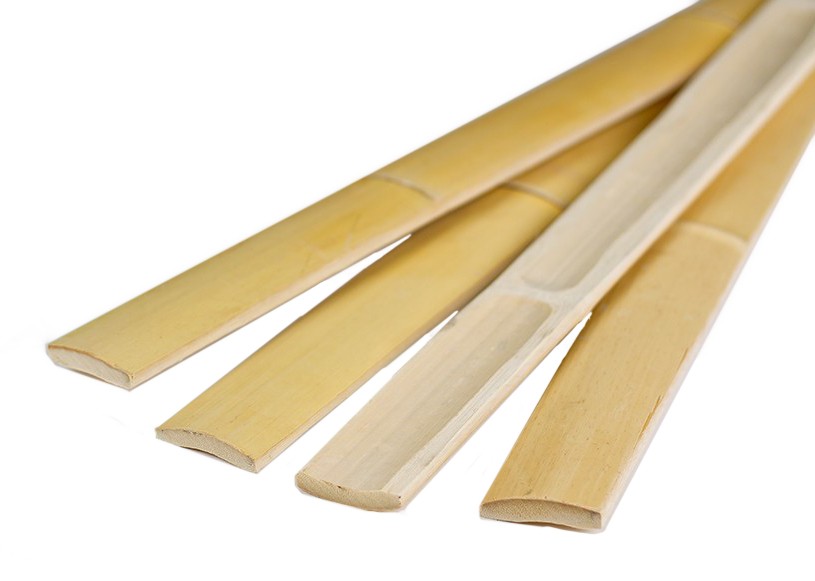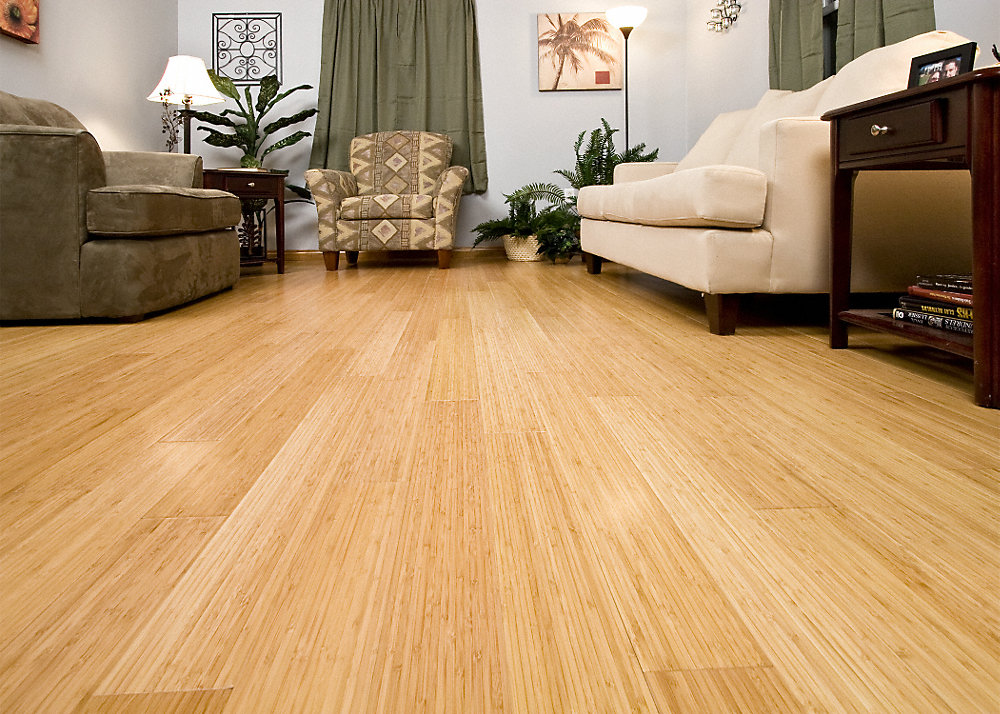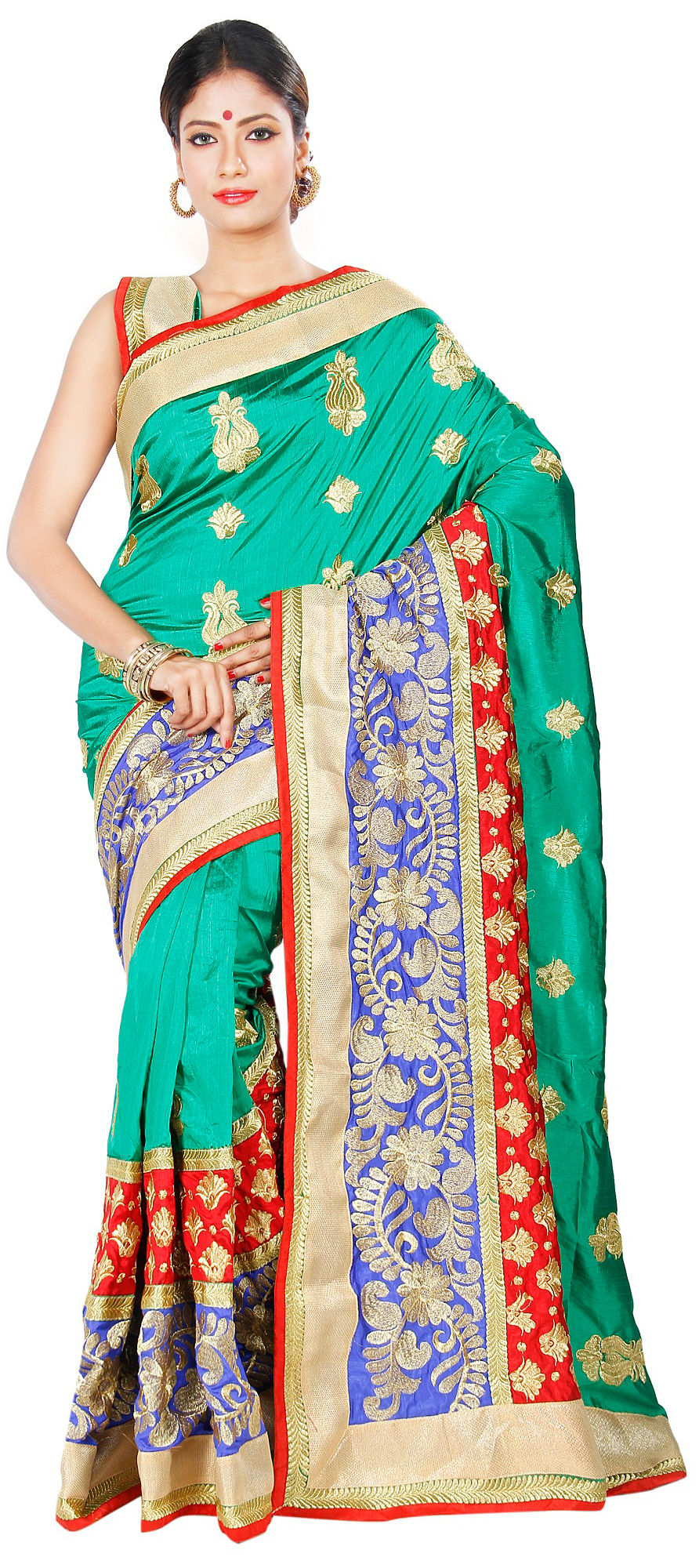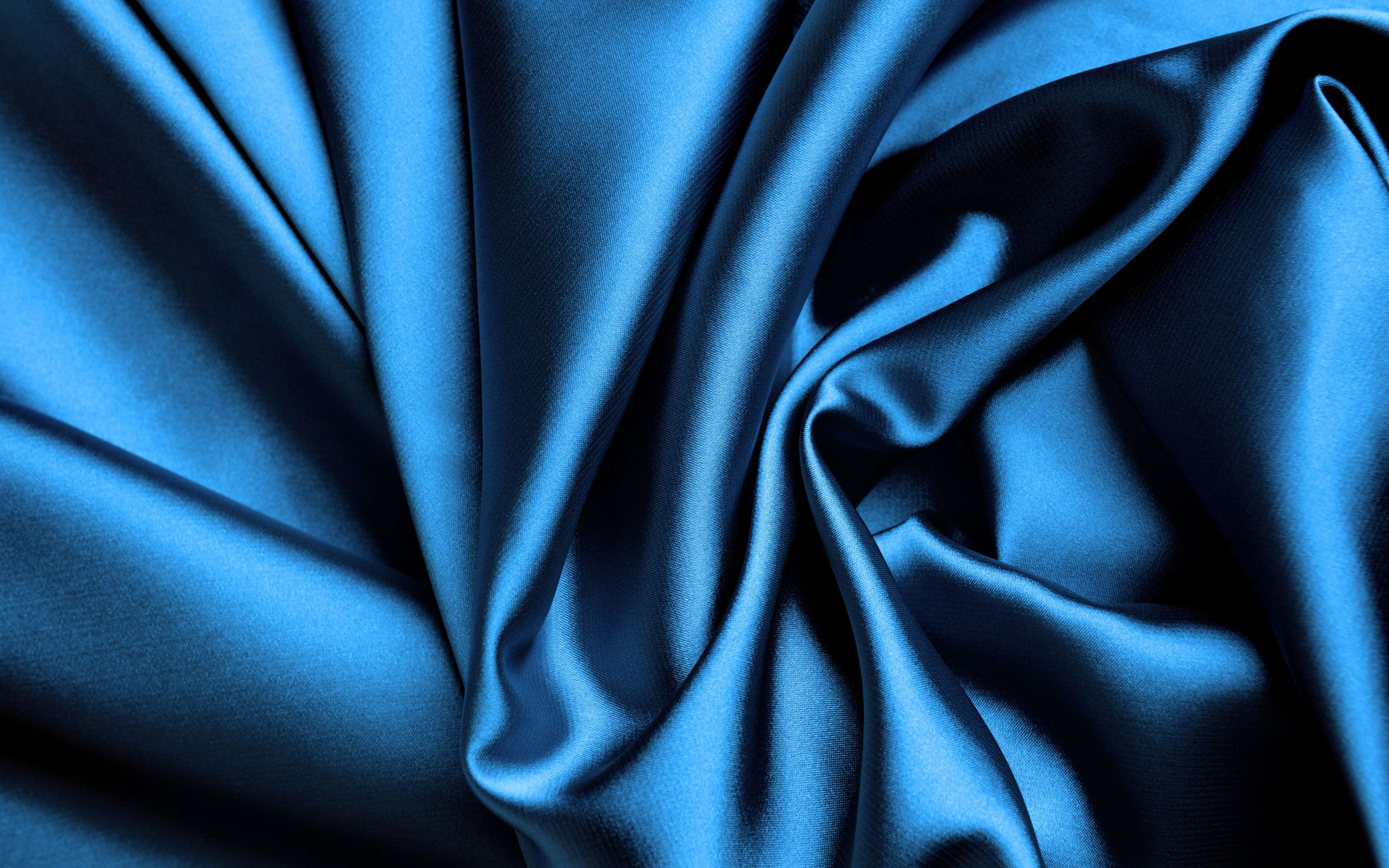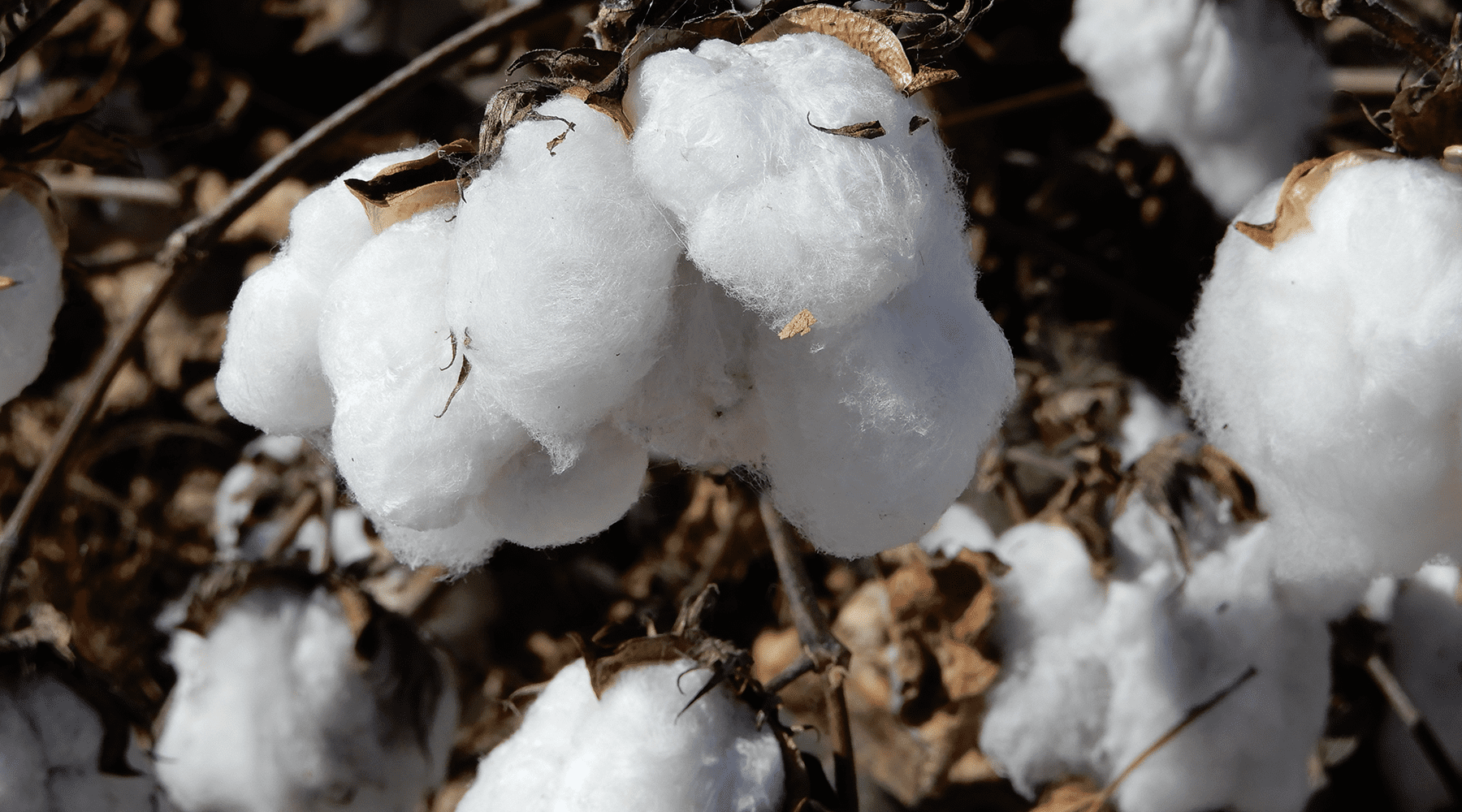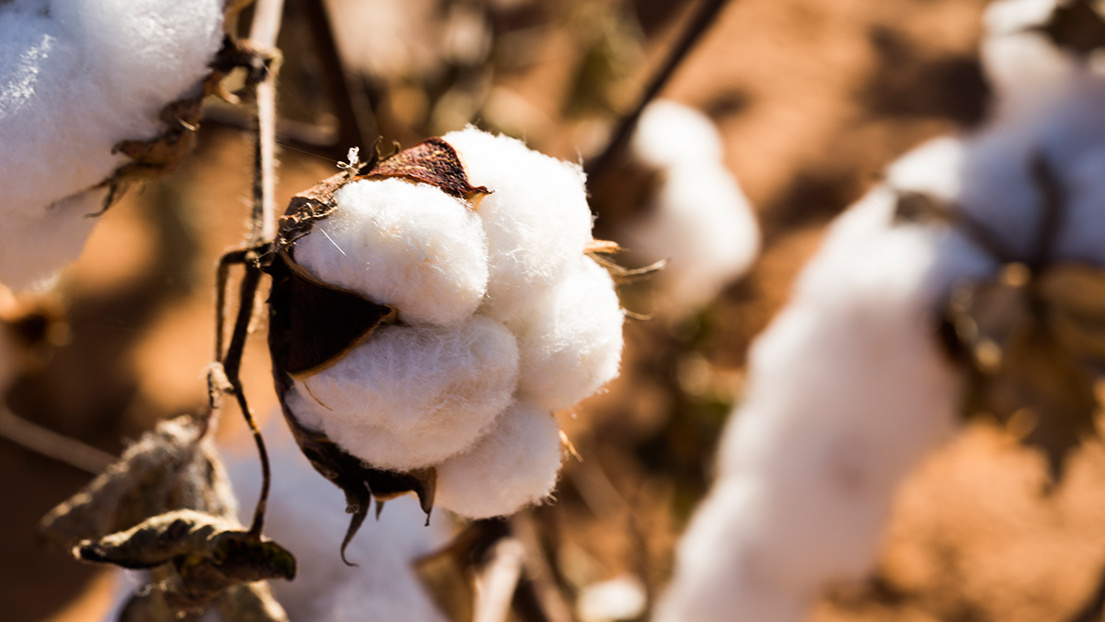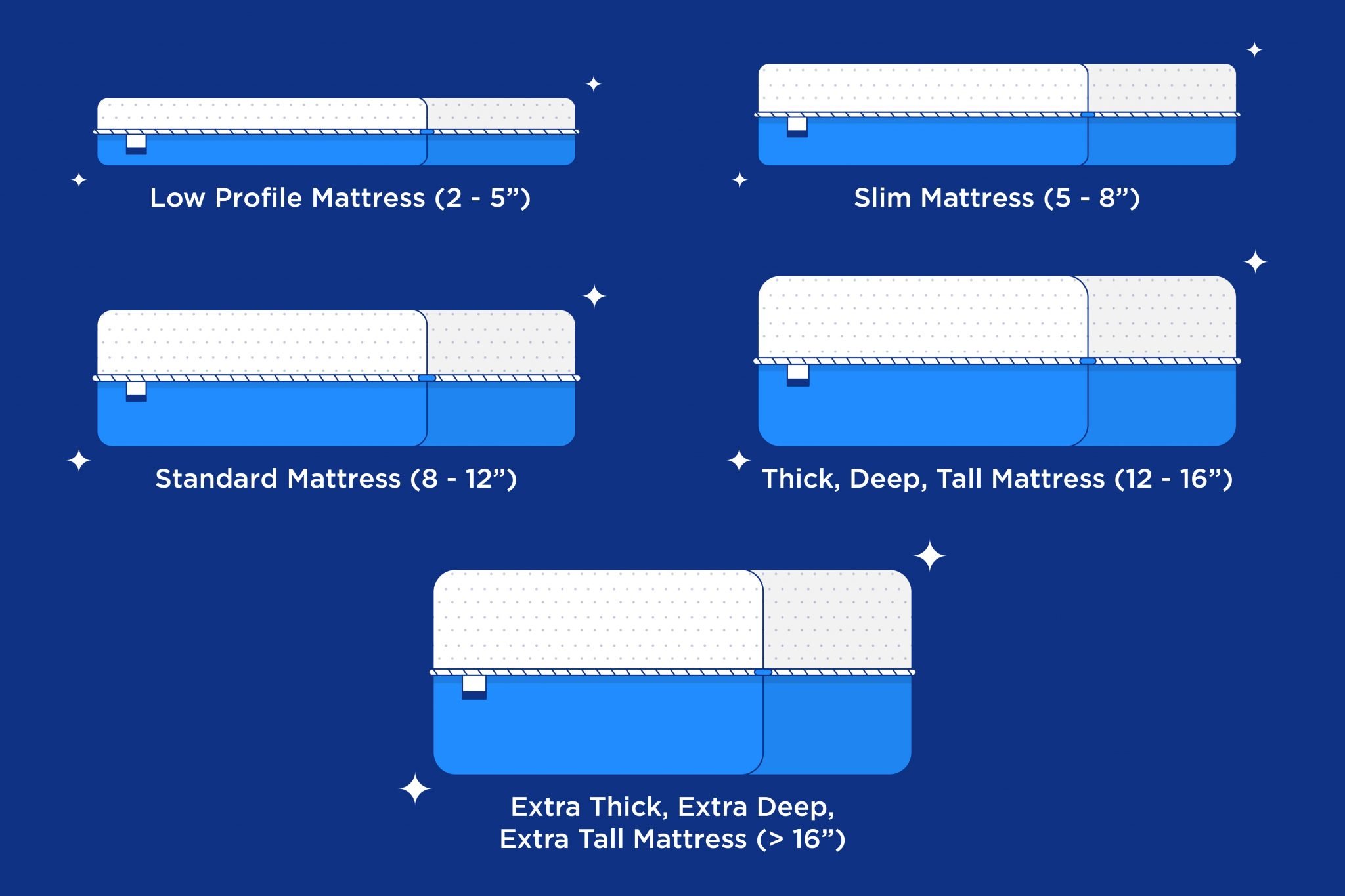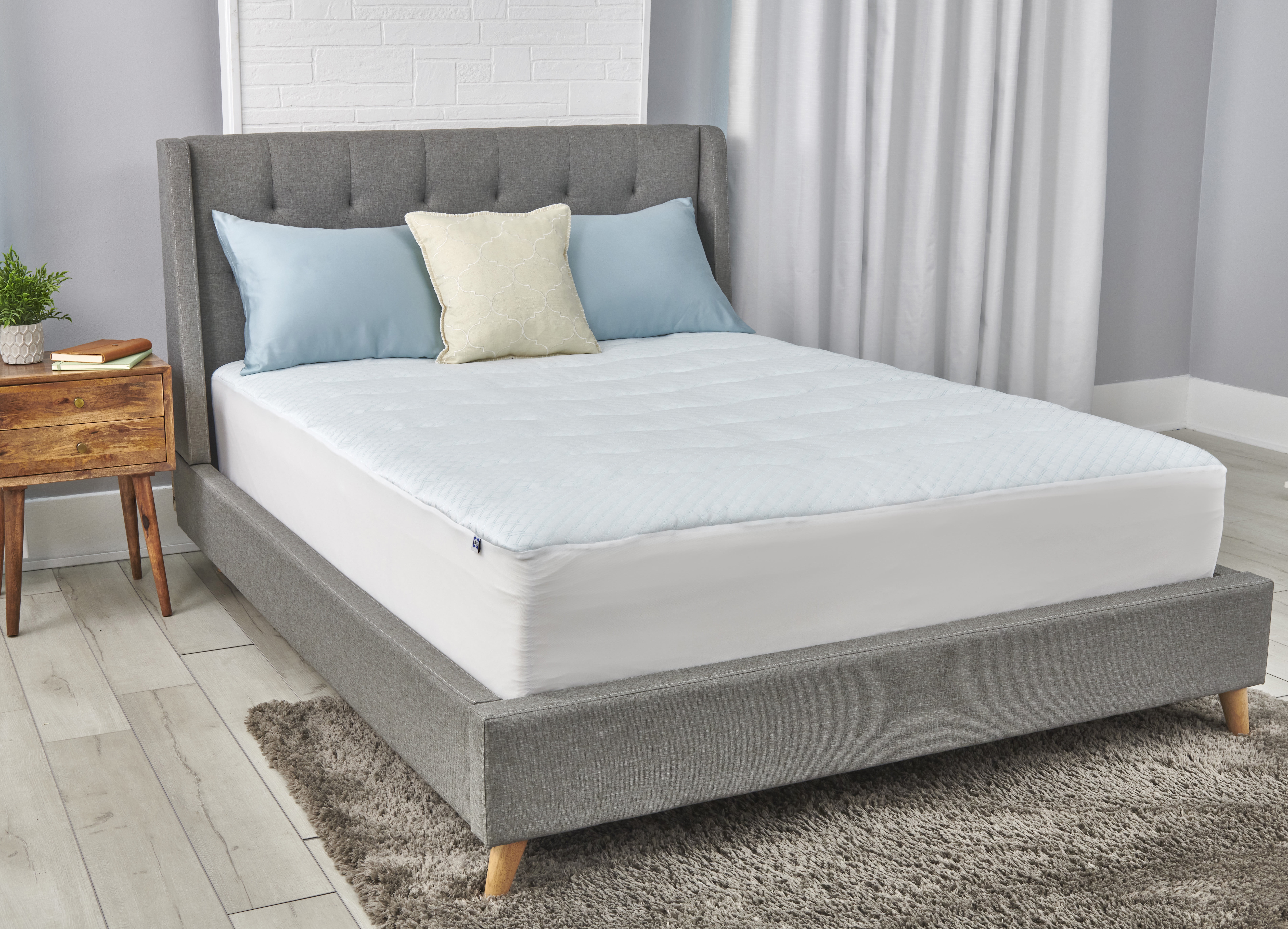Memory foam is one of the most popular materials for futon mattresses due to its ability to conform to the sleeper's body shape and provide optimal support. This type of foam is made from a material called viscoelastic, which was originally developed by NASA for use in space shuttles. The unique composition of memory foam allows it to distribute weight evenly and relieve pressure points, making it a great choice for back pain sufferers. It also has the added benefit of being resistant to dust mites and mold, making it a hypoallergenic option for those with allergies.1. Memory Foam
Latex is a natural material derived from the sap of rubber trees, making it an eco-friendly option for futon mattresses. It is known for its durability and elasticity, providing a supportive and comfortable sleeping surface. Latex is also resistant to dust mites and mold, making it a great choice for those with allergies. It is also a breathable material, allowing for proper air circulation and keeping the sleeper cool throughout the night.2. Latex
Cotton is a popular choice for those looking for a more natural and affordable futon mattress. It is a soft and breathable material that provides a comfortable sleeping surface. Cotton is also known for its ability to regulate temperature, making it a great option for those who tend to get hot while sleeping. However, it may not provide enough support for those with back pain or other sleep-related issues.3. Cotton
Wool is another natural material that is often used in futon mattresses. It is known for its softness, breathability, and ability to regulate temperature. Wool is also a great choice for those with allergies, as it is resistant to dust mites and mold. Additionally, it has natural flame-retardant properties, making it a safe option for sleepers.4. Wool
Polyester is a synthetic material that is commonly used in futon mattresses due to its affordability and durability. It is a soft and lightweight material, making it easy to move and adjust the mattress as needed. However, it may not provide as much support as other materials and may not be as breathable, leading to a warmer sleeping experience.5. Polyester
Microfiber is a synthetic material that is known for its softness and ability to mimic the feel of natural materials such as down. It is also hypoallergenic and resistant to dust mites and mold, making it a great option for those with allergies. Microfiber is also easy to clean and maintain, making it a convenient choice for busy individuals.6. Microfiber
Innerspring futon mattresses are constructed with a network of metal coils that provide support and distribute weight evenly. This type of mattress is known for its durability and ability to maintain its shape over time. However, it may be less comfortable for those with back pain as the coils may not conform to the body as well as other materials.7. Innerspring
Bamboo is a natural material that is gaining popularity in the futon mattress market due to its eco-friendly properties. It is known for its strength and breathability, making it a great choice for those who tend to get hot while sleeping. Bamboo is also hypoallergenic and resistant to bacteria and mold, making it a safe and healthy option for sleepers.8. Bamboo
Silk is a luxurious material that is often used in futon mattresses to provide a soft and comfortable sleeping surface. It is also hypoallergenic and resistant to dust mites and mold, making it a great choice for those with allergies. However, it may be a more expensive option and may not provide as much support as other materials.9. Silk
Organic cotton is a natural material that is grown without the use of pesticides and other harmful chemicals. This makes it a great choice for those looking for an eco-friendly and non-toxic futon mattress. It is also soft, breathable, and hypoallergenic, making it a comfortable and healthy option for sleepers. However, it may be more expensive than conventional cotton mattresses.10. Organic Cotton
Why Memory Foam is the Best Material for Futon Mattresses
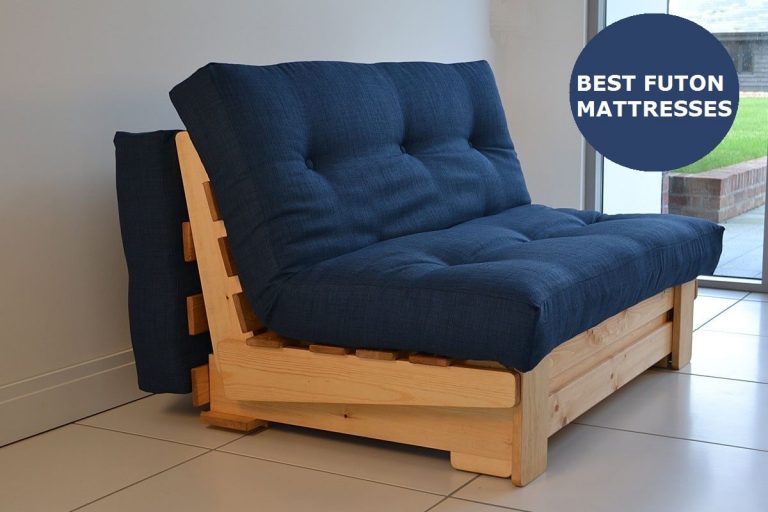
Benefits of Memory Foam
 When it comes to choosing the best material for your futon mattress,
memory foam
is a top contender. This innovative material has been gaining popularity in the bedding industry for its ability to provide a comfortable and supportive sleeping surface. One of the main benefits of memory foam is its ability to contour to your body, providing personalized support and pressure relief. This is especially important for those with back pain or other body aches, as the foam can help alleviate discomfort and promote better sleep.
When it comes to choosing the best material for your futon mattress,
memory foam
is a top contender. This innovative material has been gaining popularity in the bedding industry for its ability to provide a comfortable and supportive sleeping surface. One of the main benefits of memory foam is its ability to contour to your body, providing personalized support and pressure relief. This is especially important for those with back pain or other body aches, as the foam can help alleviate discomfort and promote better sleep.
Durability and Longevity
 Another reason why
memory foam
is a great choice for futon mattresses is its durability. Unlike traditional cotton or polyester fillings, memory foam is designed to retain its shape and support for many years. This means you won't have to worry about your mattress sagging or losing its comfort over time. In fact, many memory foam futon mattresses come with warranties of up to 20 years, making it a worthwhile investment for your home.
Another reason why
memory foam
is a great choice for futon mattresses is its durability. Unlike traditional cotton or polyester fillings, memory foam is designed to retain its shape and support for many years. This means you won't have to worry about your mattress sagging or losing its comfort over time. In fact, many memory foam futon mattresses come with warranties of up to 20 years, making it a worthwhile investment for your home.
Hygiene and Allergy-Friendly
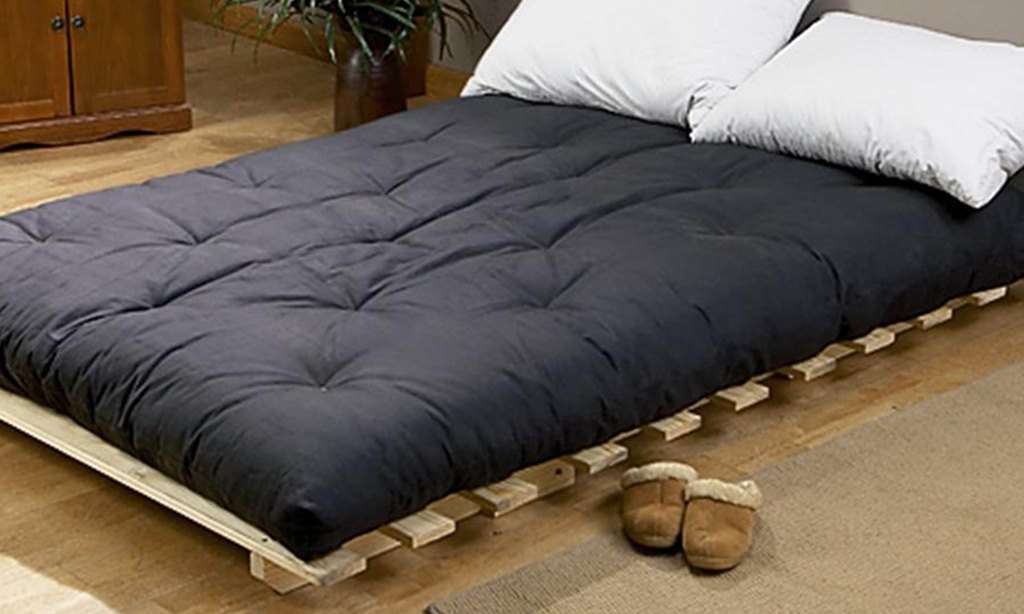 Keeping your futon mattress clean and free from allergens is essential for maintaining a healthy sleeping environment.
Memory foam
is naturally resistant to dust mites, mold, and other allergens, making it a great choice for those with allergies or asthma. Additionally, the dense structure of memory foam makes it difficult for bacteria and other germs to thrive, making it a hygienic option for your home.
Keeping your futon mattress clean and free from allergens is essential for maintaining a healthy sleeping environment.
Memory foam
is naturally resistant to dust mites, mold, and other allergens, making it a great choice for those with allergies or asthma. Additionally, the dense structure of memory foam makes it difficult for bacteria and other germs to thrive, making it a hygienic option for your home.
Customizable and Versatile
 One of the best things about
memory foam
is its versatility in design. It can be easily cut and shaped to fit any size or shape of futon frame, making it a customizable option for your specific needs. This also means you have a wide variety of options to choose from in terms of thickness and firmness levels, allowing you to find the perfect balance of comfort and support for your body.
One of the best things about
memory foam
is its versatility in design. It can be easily cut and shaped to fit any size or shape of futon frame, making it a customizable option for your specific needs. This also means you have a wide variety of options to choose from in terms of thickness and firmness levels, allowing you to find the perfect balance of comfort and support for your body.
Conclusion
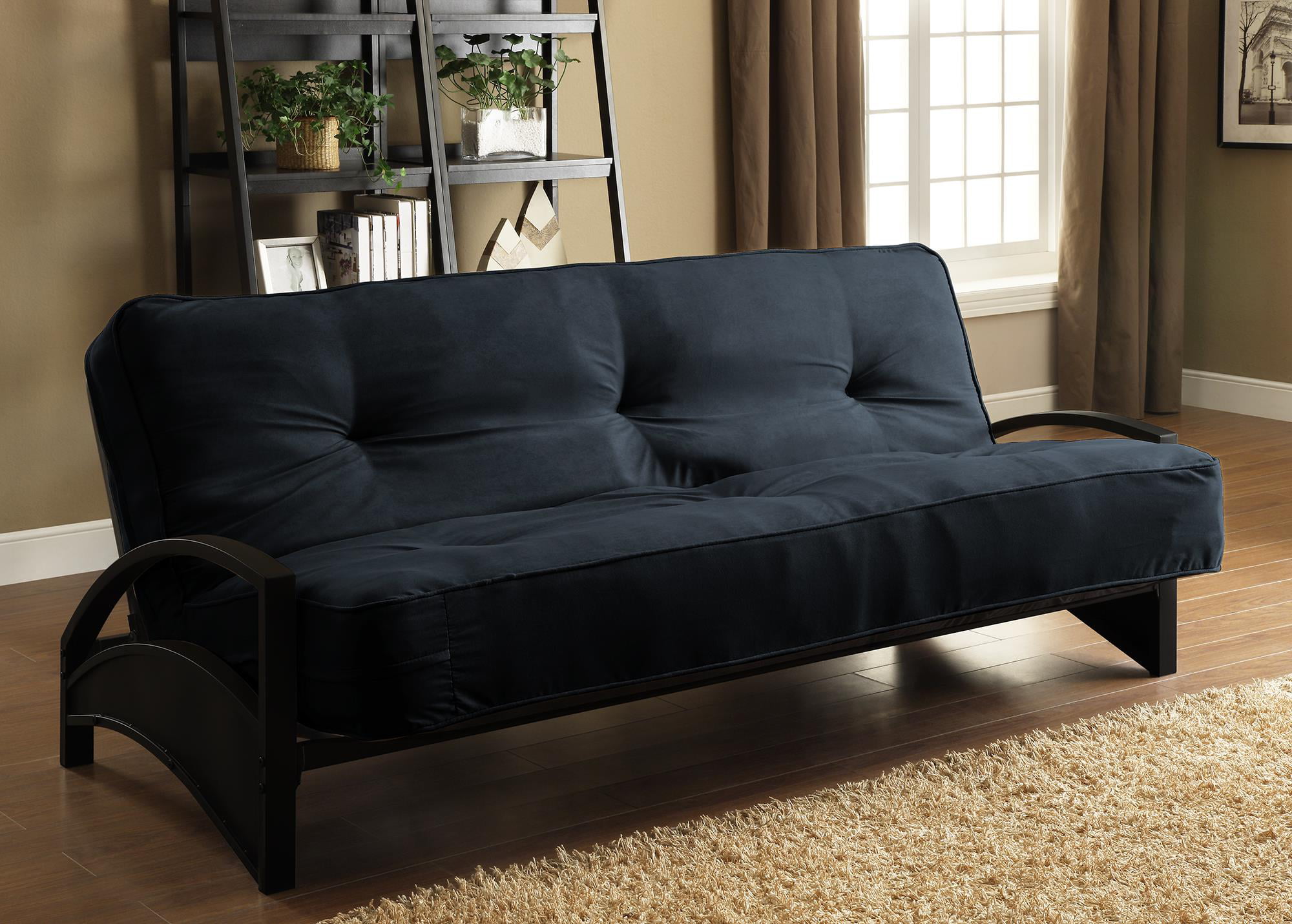 In conclusion,
memory foam
is the best material for futon mattresses due to its numerous benefits such as personalized support, durability, hygiene, and versatility. Its ability to contour to your body and provide pressure relief makes it a top choice for those looking for a comfortable and supportive sleeping surface. So if you're in the market for a new futon mattress, be sure to consider the many advantages of memory foam.
In conclusion,
memory foam
is the best material for futon mattresses due to its numerous benefits such as personalized support, durability, hygiene, and versatility. Its ability to contour to your body and provide pressure relief makes it a top choice for those looking for a comfortable and supportive sleeping surface. So if you're in the market for a new futon mattress, be sure to consider the many advantages of memory foam.



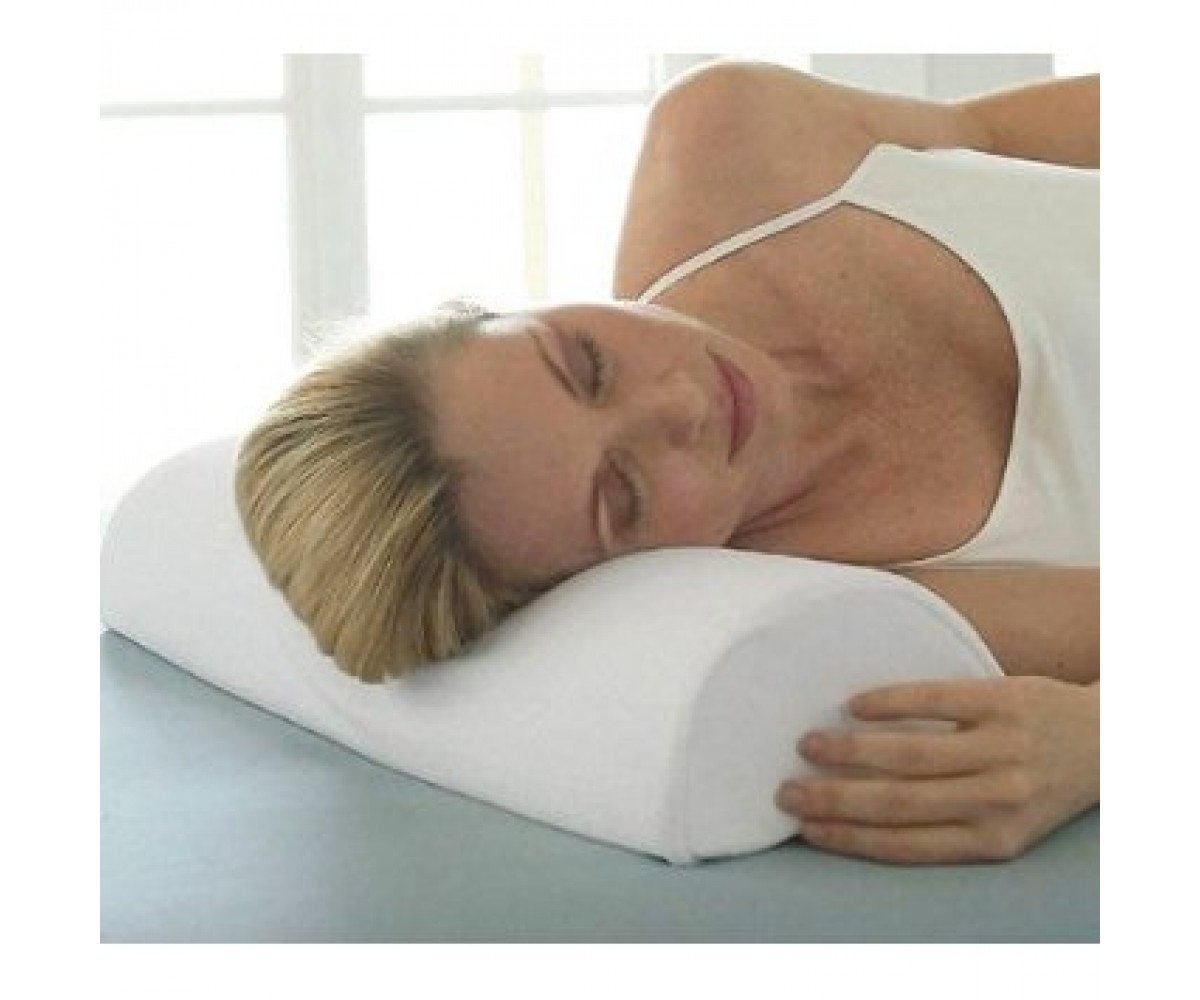




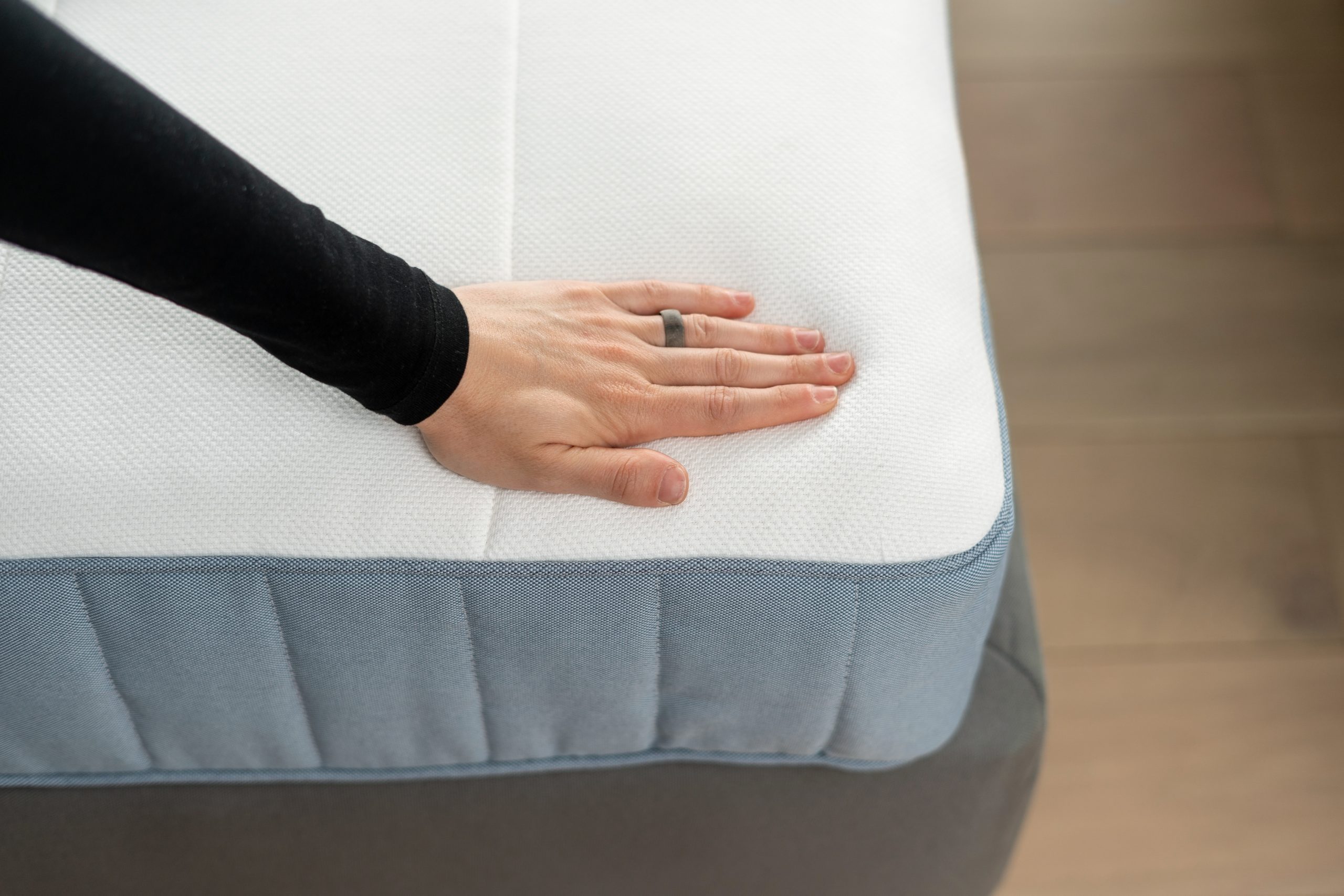
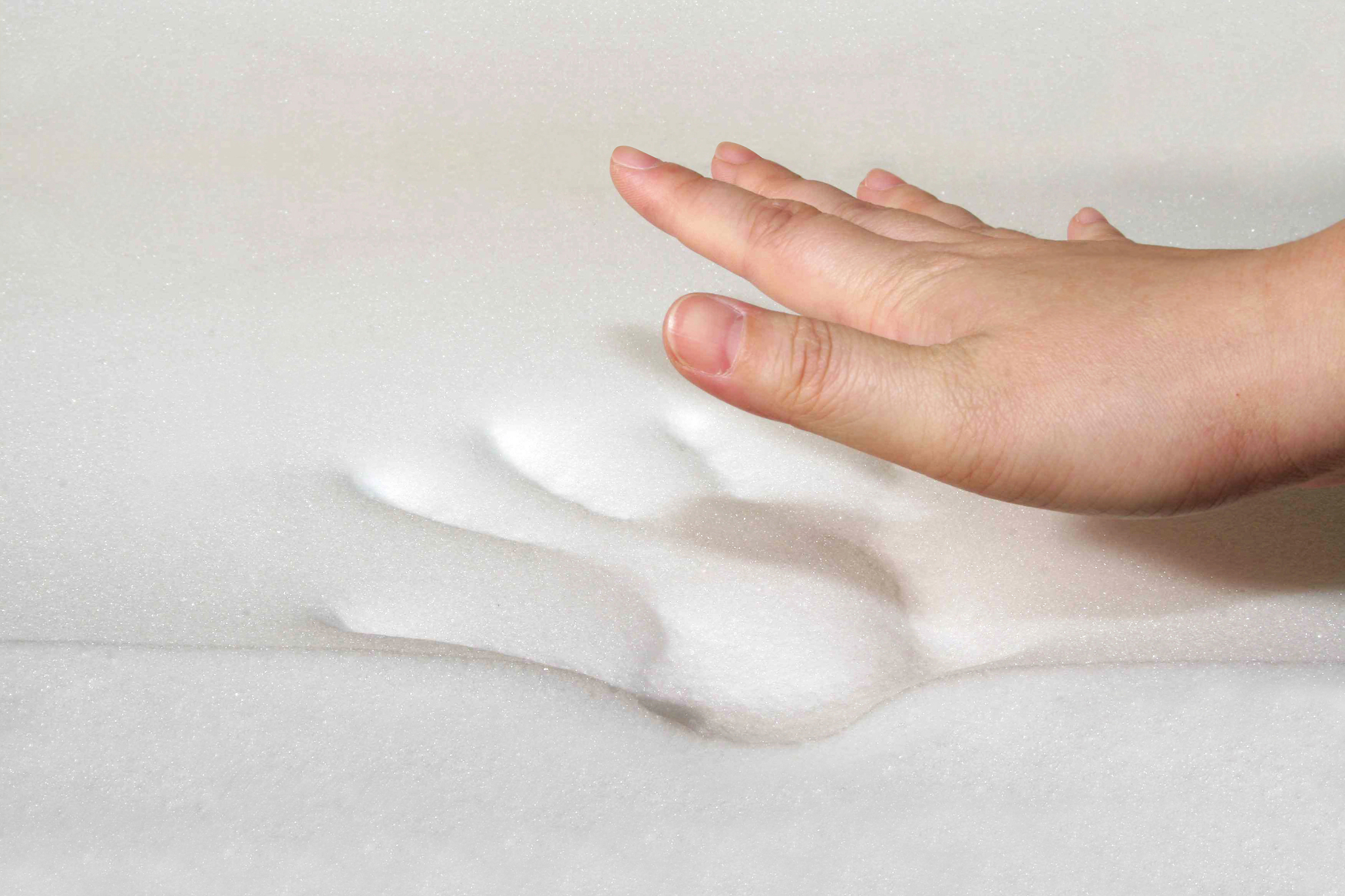






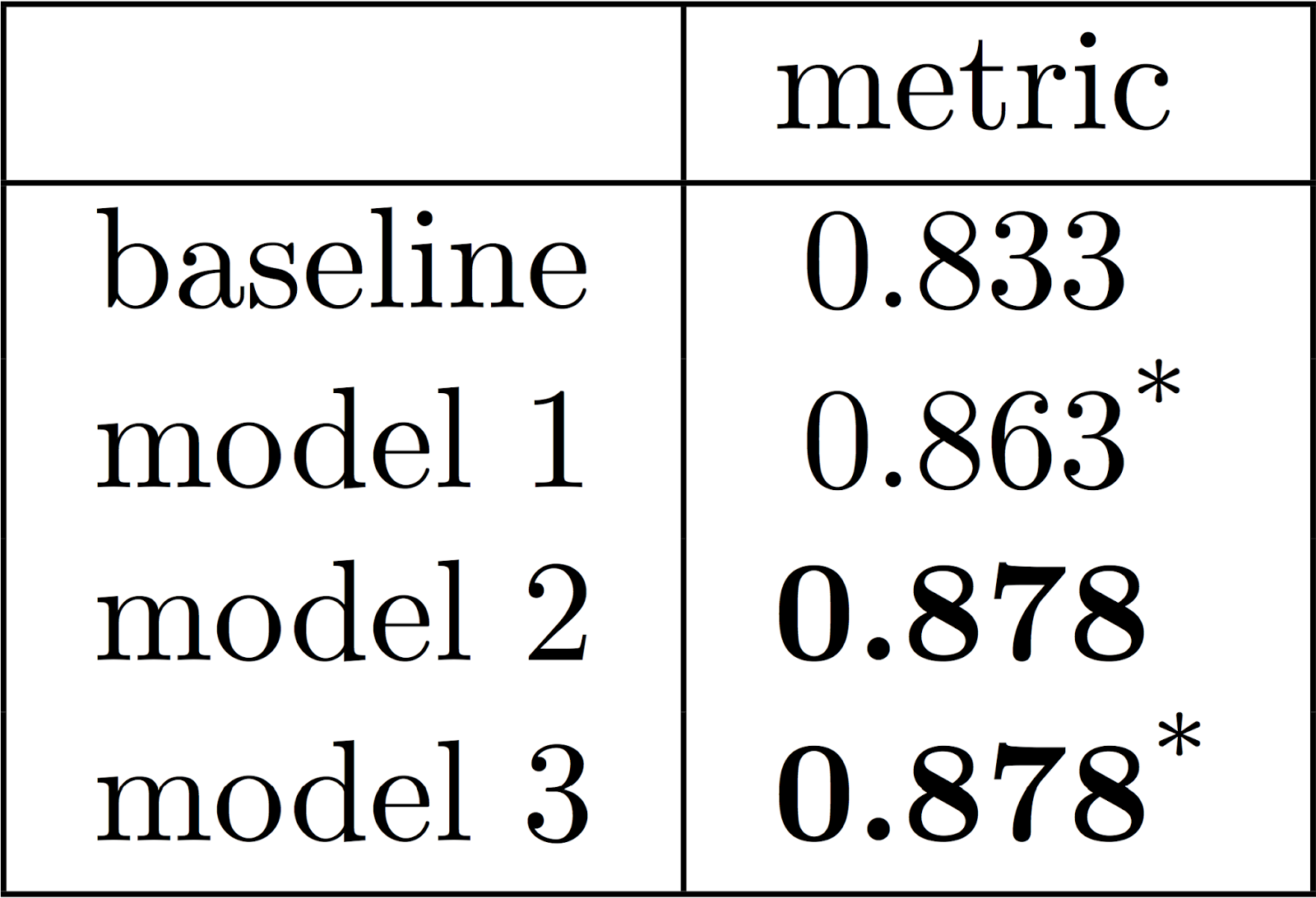







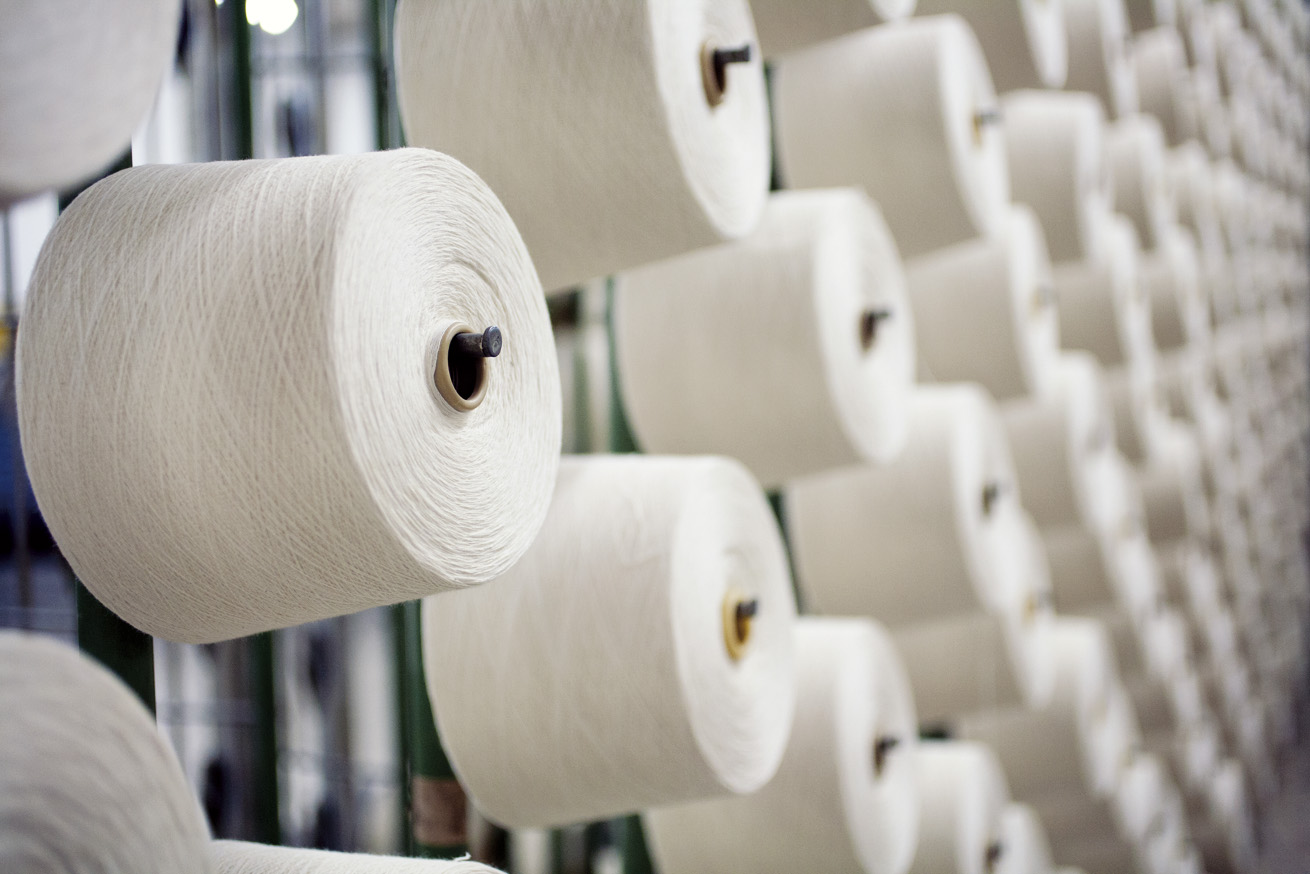




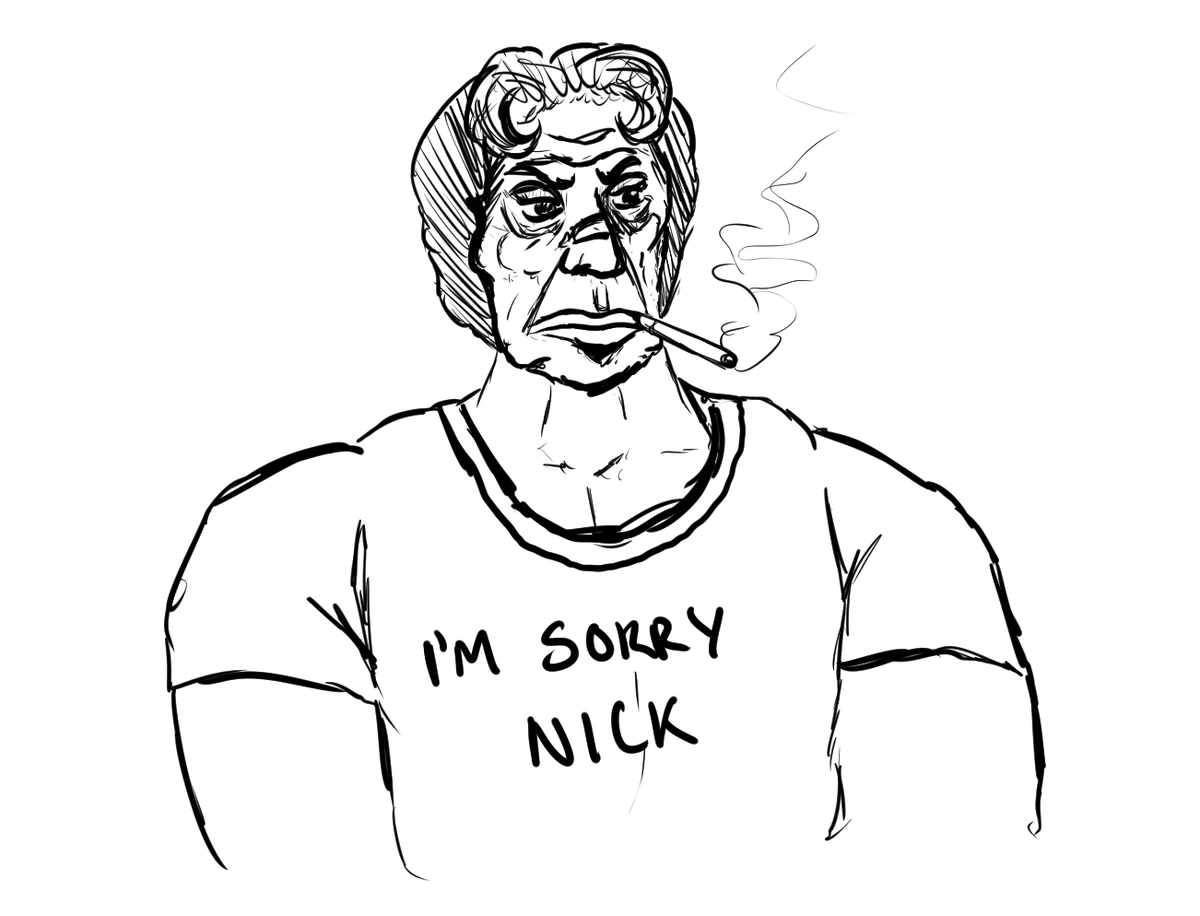


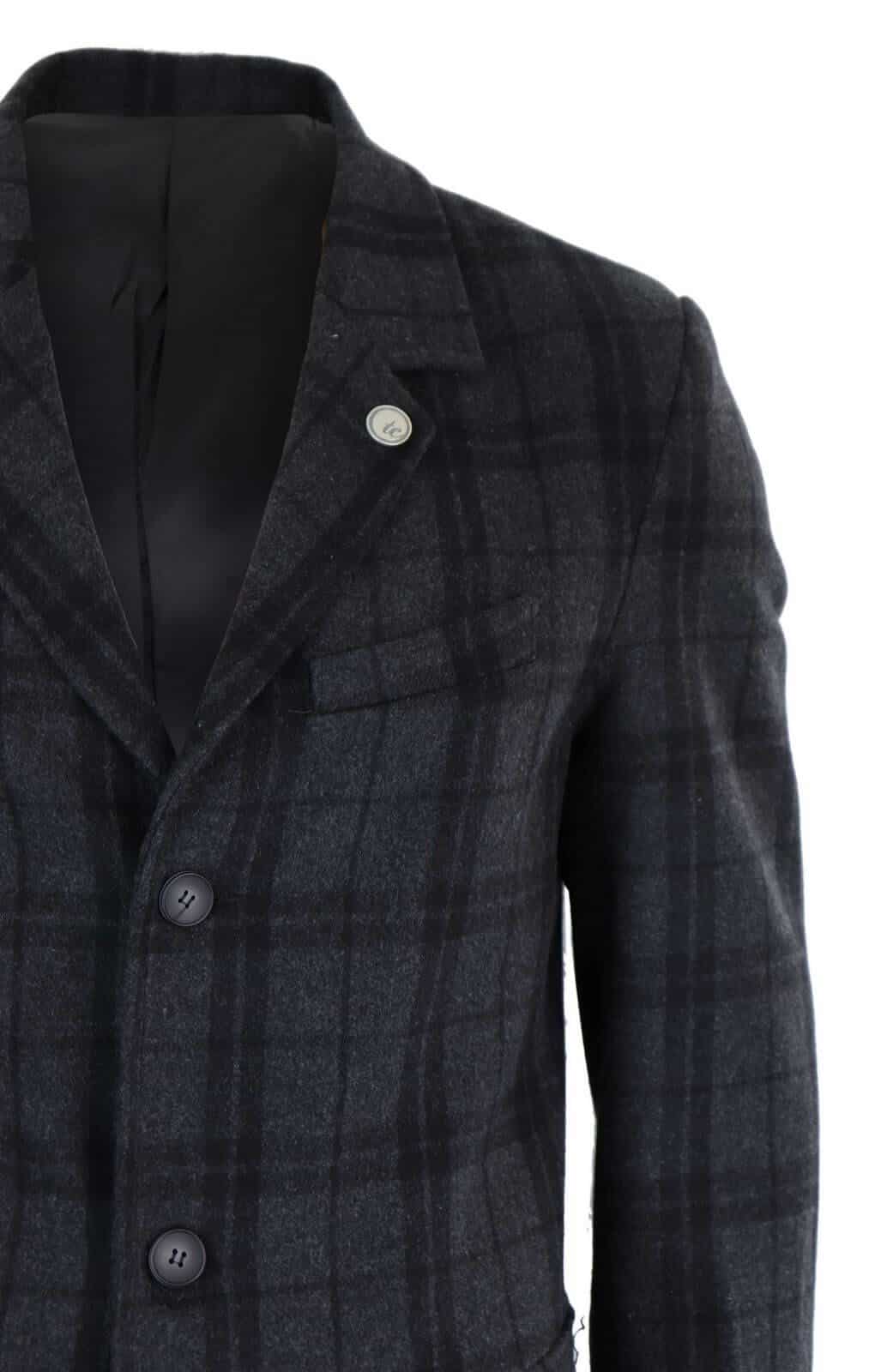

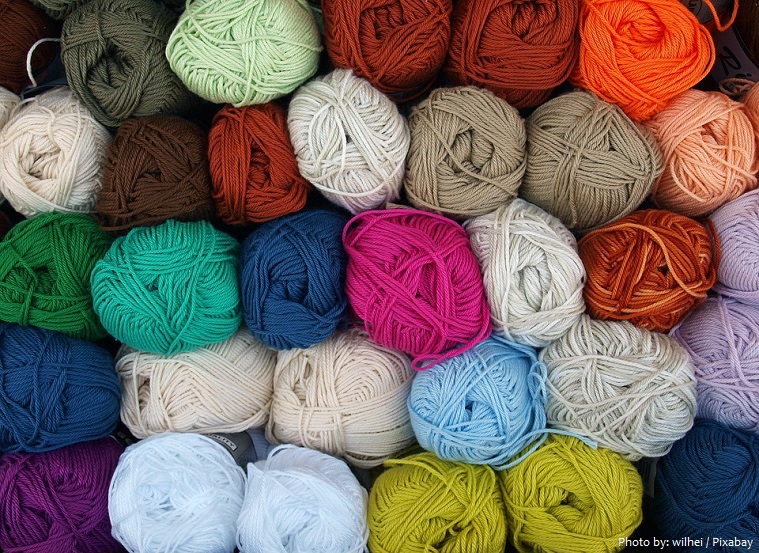


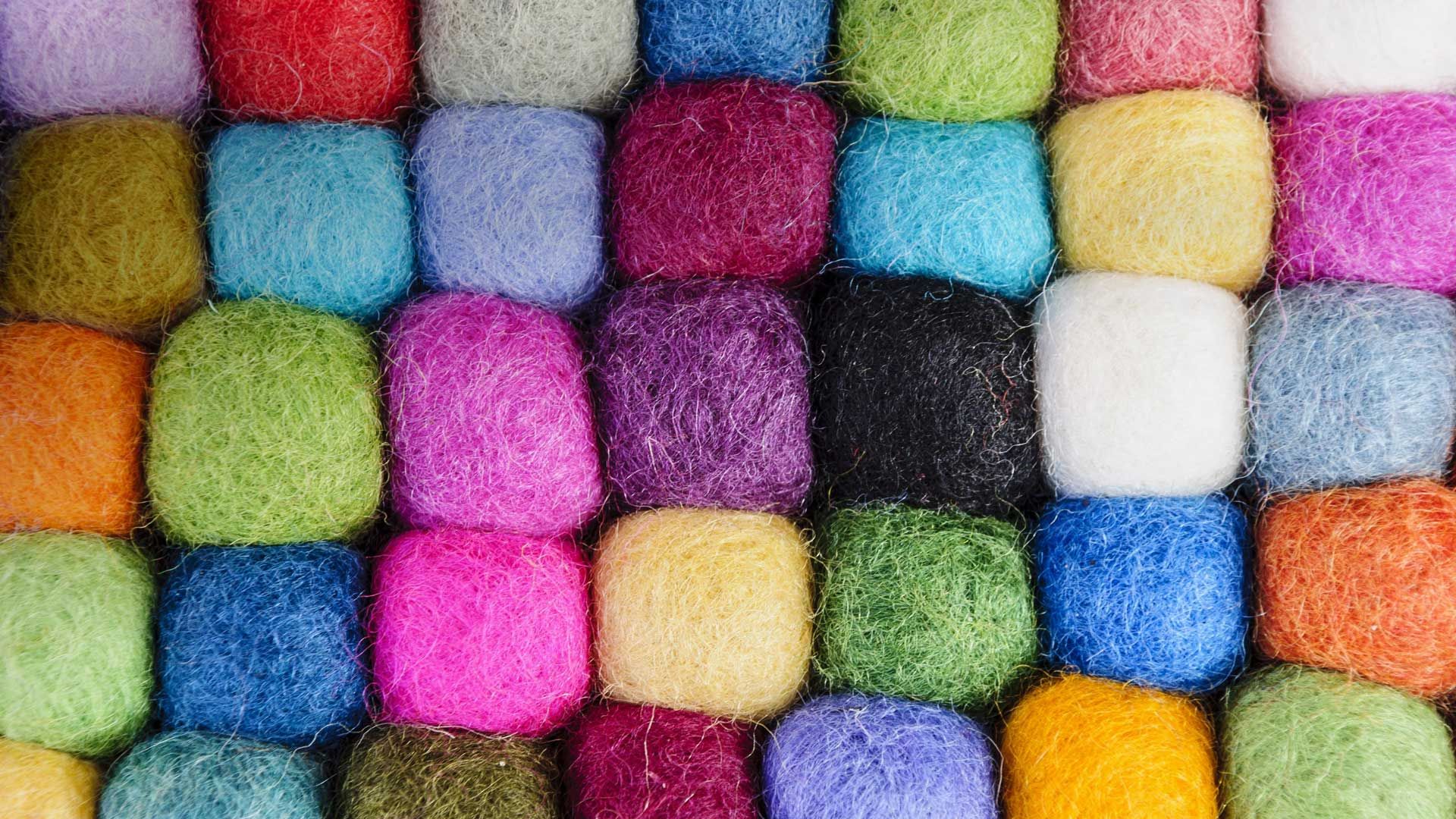
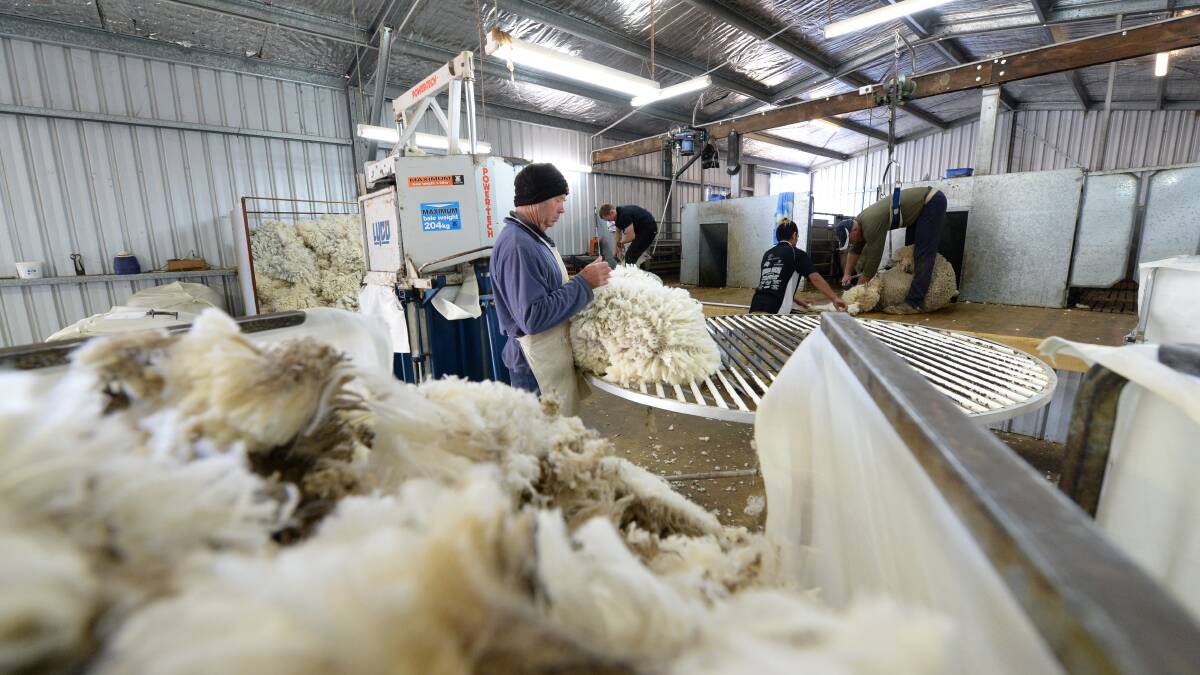



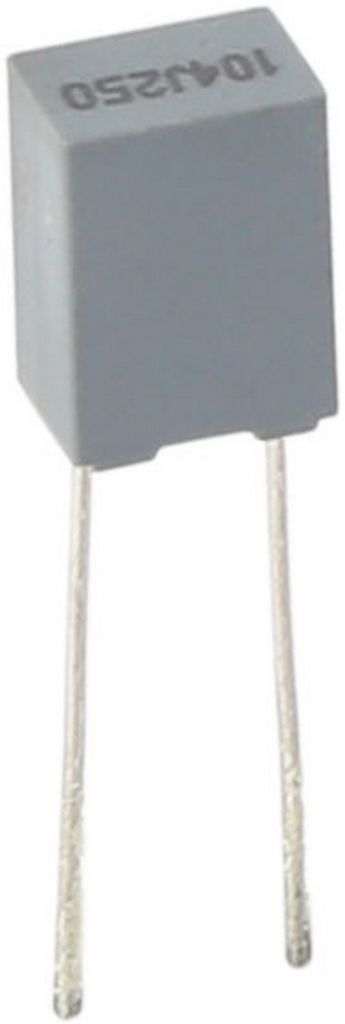


:max_bytes(150000):strip_icc()/__opt__aboutcom__coeus__resources__content_migration__mnn__images__2020__03__Polyester-biodegradable-colorful-fabric-6670f868d65948f59c83b2336d3350eb.jpg)


